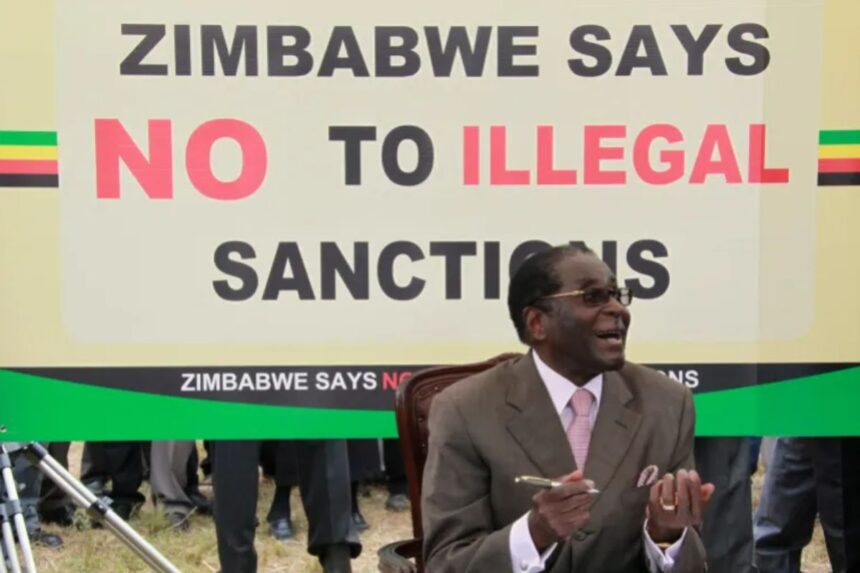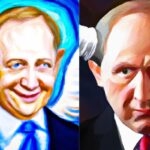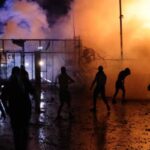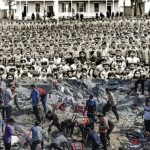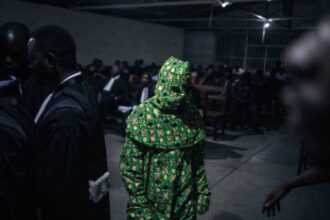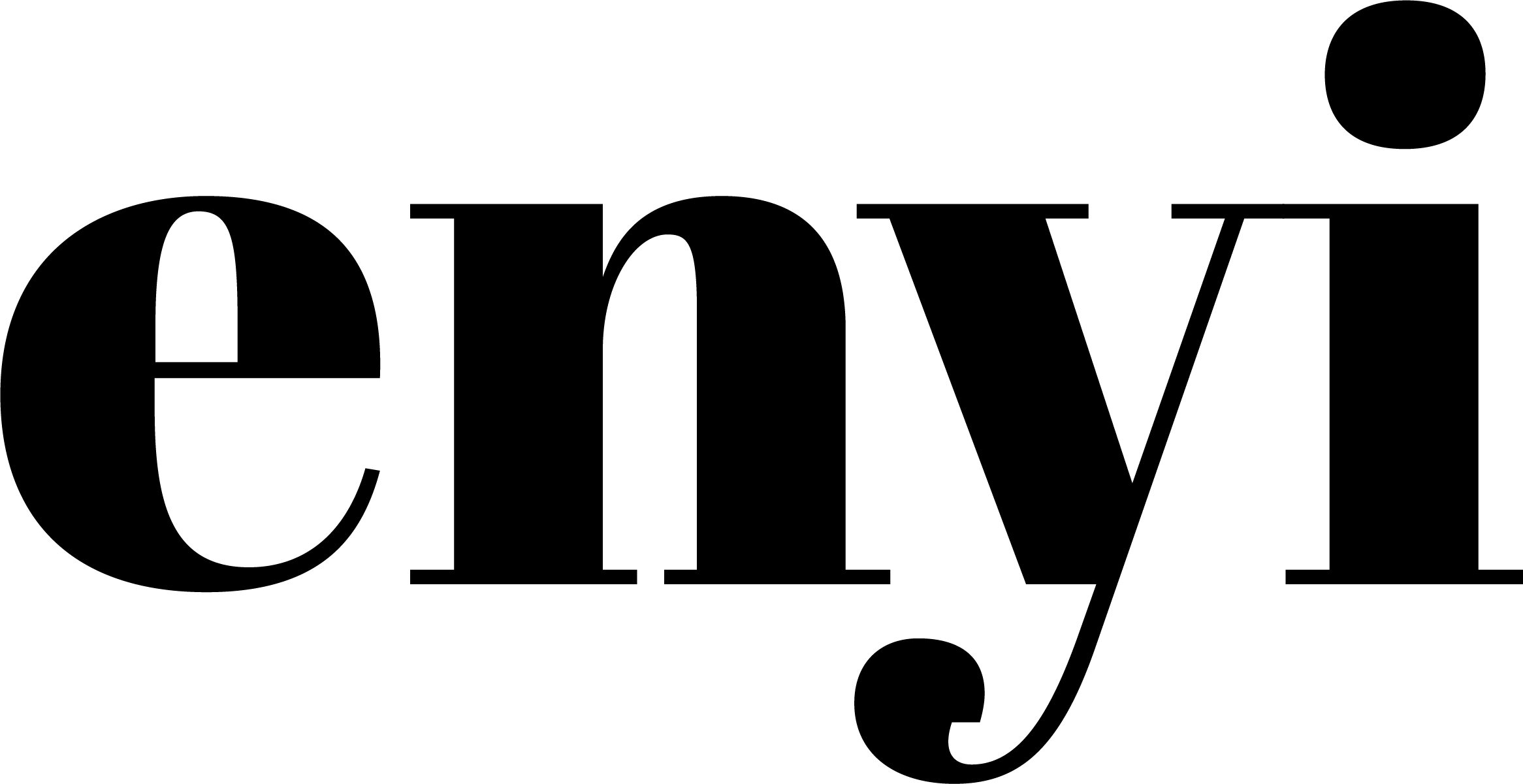In a significant move that has drawn international attention, the United States has recently imposed new sanctions on Zimbabwe’s President Emmerson Mnangagwa. These sanctions mark the latest development in a series of international measures taken against Zimbabwe’s leadership, citing concerns over human rights abuses and the undermining of democratic processes. Understanding the implications of these sanctions is crucial for grasping the current geopolitical dynamics affecting Zimbabwe and its relationships on the global stage.
Background Information
Who is President Mnangagwa?
Emmerson Mnangagwa, often referred to as “The Crocodile” due to his political shrewdness, has been a prominent figure in Zimbabwe’s political landscape for decades. Ascending to the presidency in 2017 following a military coup that ousted long-time leader Robert Mugabe, Mnangagwa promised economic revival and political reform. However, his tenure has been marred by accusations of human rights violations and suppression of dissent.
Brief History of Zimbabwe’s Political Climate
Zimbabwe’s political climate has been characterized by turbulence and contention, particularly since its independence in 1980. The country has faced significant economic challenges, political violence, and international isolation, largely attributed to its leadership’s policies and actions.
Overview of US Sanctions on Zimbabwe and reasons
Historically, the United States has imposed sanctions on Zimbabwean officials and entities as a response to human rights abuses and election fraud. These sanctions include travel bans, asset freezes, and restrictions on doing business with certain individuals and companies.
Latest US Sanctions on President Mnangagwa:
Specific Sanctions Imposed
The latest round of sanctions by the US targets President Mnangagwa directly, including asset freezes and travel bans. These measures are a response to the continued suppression of political opposition and the undermining of democratic processes in Zimbabwe.
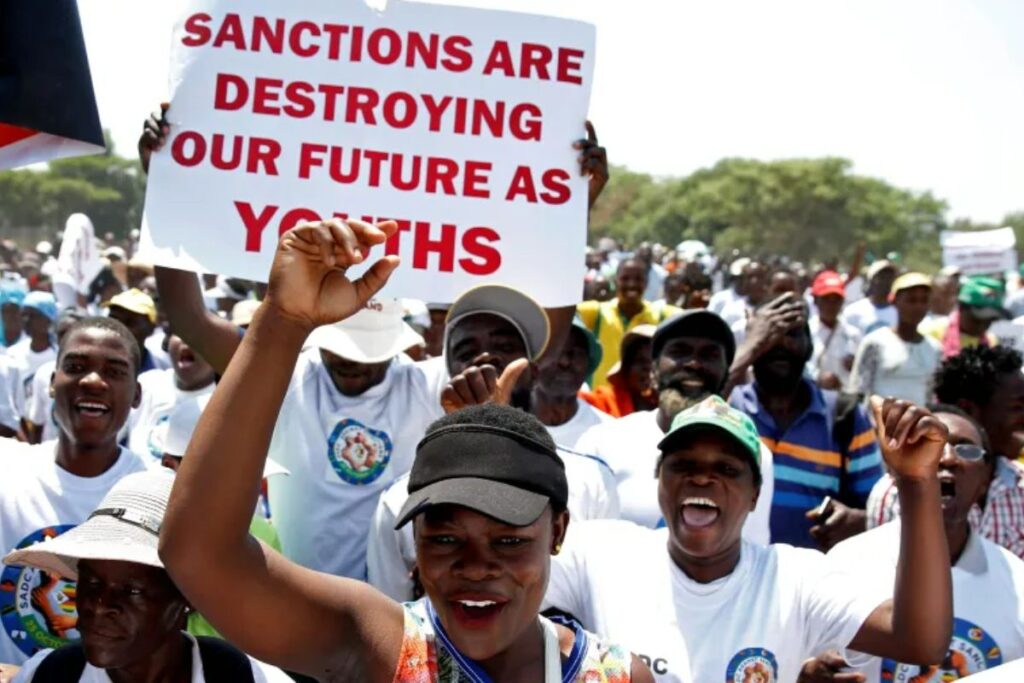
Impact of Sanctions on Zimbabwe
Economic Effects
The sanctions have further strained Zimbabwe’s already fragile economy, impacting its ability to engage in international trade and investment. The Zimbabwean government has decried these sanctions as a form of economic warfare meant to induce regime change.
Political Ramifications
On the political front, the sanctions have been met with defiance by Zimbabwe’s leadership, with Mnangagwa and his allies denouncing the measures as unjust and a violation of their sovereignty.
International Reactions: Who Said What
Alright, so the US decided it was time to slap some sanctions on President Mnangagwa, but how did the rest of the playground react? It’s a bit of a mixed bag, really. The African Union (AU) has been somewhat like the concerned friend, calling for dialogue and peaceful resolutions, emphasizing that sanctions might not be the best way to foster change. They’re all about “let’s talk it out” rather than “let’s ground everyone.”
Then you’ve got other countries and international bodies scratching their heads or nodding in agreement. Some nations are like, “About time, buddy,” supporting the move in the hopes it leads to better governance in Zimbabwe. Others are more cautious, worried about how sanctions could affect the everyday folks who are just trying to get by.
Zimbabwe Government’s “We’re Not Bothered” Response
Now, onto how Zimbabwe’s top brass responded. Imagine someone shrugging off a heavy coat like it’s nothing—that’s pretty much President Mnangagwa and his crew. They’ve come out swinging with statements along the lines of, “Sanctions, schmanctions. We’ll keep doing our thing.” They’re trying to play it cool, insisting that the sanctions won’t bend them and talking up their plans to keep the country running despite the economic squeeze.
But it’s not just tough talk. Zimbabwe’s been looking for workarounds, strengthening ties with friendly nations, and seeking new trade partners to soften the blow from the sanctions. It’s like they’re saying, “You won’t invite us to your party? Fine, we’ll throw our own.”
So, Do These Sanctions Actually Do Anything?
Here’s the million-dollar question: are these sanctions effective, or are they just making life harder for the average Joe and Jane in Zimbabwe? Experts are all over the map on this one. Some argue that sanctions make it tough for the government to ignore international criticism, potentially leading to change. Others say it’s the ordinary people who end up suffering the most, as the economy takes hit after hit.
And then there’s the whole debate on whether sanctions push countries closer together—like Zimbabwe cozying up to other nations that are also on the outs with the West. It’s a complicated mess, and there’s no easy answer.
Humanitarian Considerations: The Real MVPs
While all this political chess is being played, let’s not forget about the folks caught in the middle—the people of Zimbabwe. Sanctions can make life pretty tough, from rising prices to shortages of essentials. International aid and support become critical, shining a spotlight on organizations and countries stepping in to help where they can. It’s a reminder that, at the end of the day, it’s about making sure people have what they need to live their lives.
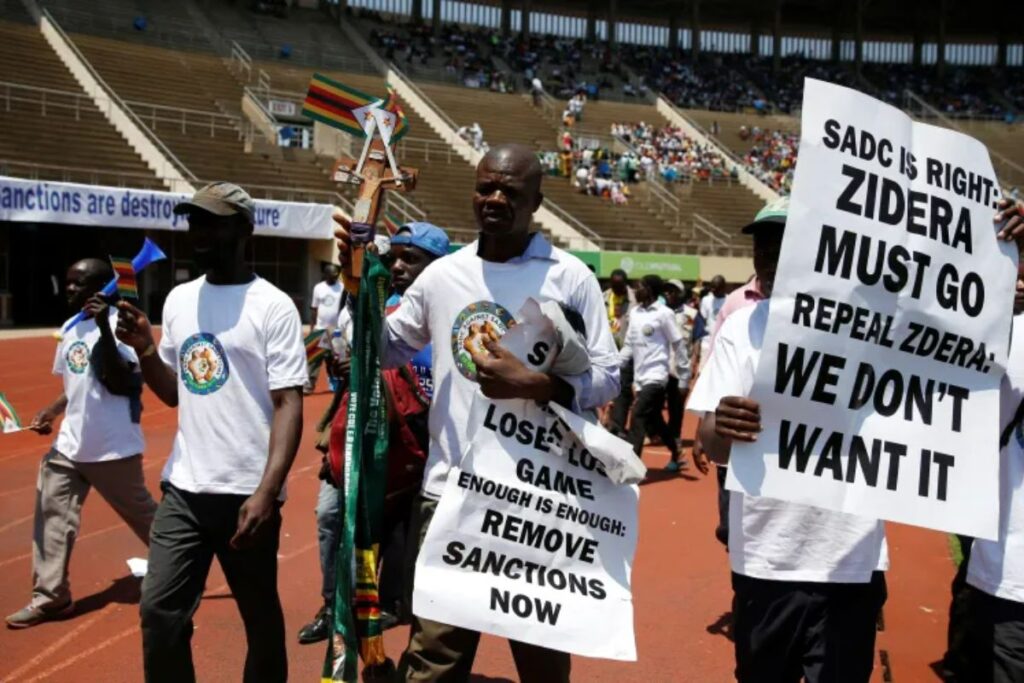
Looking Ahead: What’s Next?
Predicting the future is a bit like trying to solve a Rubik’s cube blindfolded—it’s tricky. But here’s the gist: the situation in Zimbabwe could go a few different ways. Maybe international pressure leads to positive change, or perhaps the country finds alternative paths to keep things running. The hope is for a solution that benefits the people of Zimbabwe, bringing stability, prosperity, and a bit more freedom to the mix.
The lowdown on the latest US sanctions on Zimbabwe’s President Mnangagwa. It’s a complex issue, with politics, economics, and human lives all tangled up. But at the heart of it, it’s a story about a country trying to find its way in the face of challenges, both from within and from the outside world.
Imagine Zimbabwe as a rugged, resilient tapestry, its threads worn in places but holding strong against the pull of outside forces. The latest US sanctions on President Mnangagwa are like sharp scissors snipping close to the fabric, threatening to unravel parts of it. Yet, the weave holds, adapting and finding new patterns to emerge stronger in the face of adversity.
Picture This: A Nation’s Resolve
Visualize a bustling market in Harare, where traders, undeterred by the economic pressures, adapt and thrive, their stalls bursting with vibrant fruits and handmade crafts. It’s a testament to the spirit of the Zimbabwean people, their resilience shining like the sun-drenched Great Zimbabwe ruins that stand proudly, defying time and turmoil.
A Global Community Watching and Waiting
Around the world, eyes are on Zimbabwe, a country at a crossroads, with its leadership defiant and its people hopeful for change. International actors weigh in, offering support, criticism, or calls for dialogue, much like spectators at a chess match, anticipating the next move but unsure of the game’s outcome.
The Future: An Unwritten Chapter
As we look ahead, imagine a book whose pages are yet to be written. Zimbabwe’s story is far from over, and the impact of the sanctions, whether they’ll be a catalyst for change or a chapter of strife, remains to be seen. The hope is for a narrative of renewal, where dialogue, democracy, and development lead the way toward a brighter future.
In the grand scheme of things, Zimbabwe’s tale is more than just a story about sanctions. It’s about the indomitable will of its people, the complexities of global diplomacy, and the pursuit of a world where every nation has the opportunity to flourish. As the sun sets over the Zambezi, casting long shadows and bathing the land in golden light, let’s not forget the resilience, hope, and potential that lie within Zimbabwe, waiting for the dawn of a new day.








